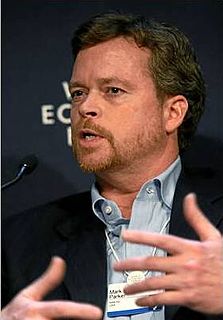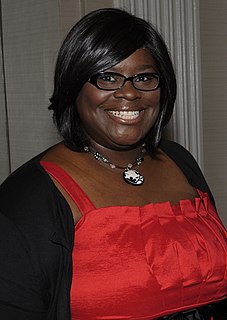A Quote by Richard Edelman
The pace of change in marketing and the marketplace continues to accelerate. Unicorn companies are challenging long-established brands, and categories are being re-imagined.
Related Quotes
I see "demand creation" as a 20th-century construct that's bound up with advertising. It's an outmoded view of marketing that says, "First, we build a product or service, then we advertise it into people's lives." Embedded this view is the belief that companies control brands. This is a myth. My message all along has been that brands are actually created by customers, not companies. Companies only provide the raw materials - the products, messaging, behaviors - that people use these to create brands.
Over the past 60 years, marketing has moved from being product-centric (Marketing 1.0) to being consumer-centric (Marketing 2.0). Today we see marketing as transforming once again in response to the new dynamics in the environment. We see companies expanding their focus from products to consumers to humankind issues. Marketing 3.0 is the stage when companies shift from consumer-centricity to human-centricity and where profitability is balanced with corporate responsibility.
How many of the unicorn companies are really prosaic businesses - like limousine services or renting rooms in your house? The original VC firms from the '70's made their money and established the reputation of their respective brands by leveraging big cleverness with small capital, not small cleverness with big capital, and that's what's going on with these unicorns. That has never worked and it won't work this time. It doesn't produce venture quality returns, and it never will.
One thing the humanitarian world doesn't do well is marketing. As a journalist, I get pitched every day by companies that have new products. Meanwhile, you have issues like clean water, literacy for girls, female empowerment. People flinch at the idea of marketing these because marketing sounds like something only companies do.
I played with different words like 'home run,' 'megahit,' and they just all sounded kind of 'blah.' So I put in 'unicorn' because they are - these are very rare companies in the sense that there are thousands of startups in tech every year, and only a handful will wind up becoming a unicorn company. They're really rare.


































